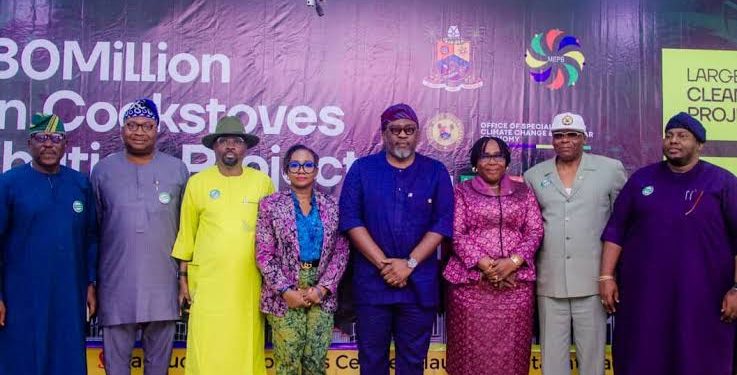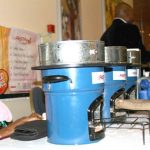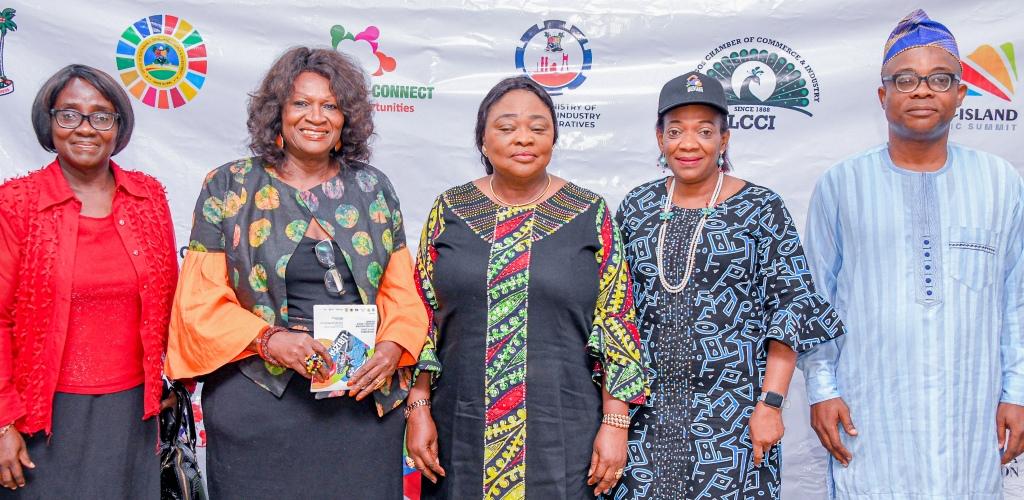Lagos State has launched a bold climate finance programme that includes Africa’s first subnational carbon exchange, expected to generate over $1 billion in revenue from 1.2 million certified carbon credits over the next 15 years. The carbon exchange, named the Lagos Carbon Exchange (LCX), will enable the state to trade emissions reductions and reinvest the proceeds into clean energy, healthcare, green transport, and climate-resilient programmes.
The initiative was unveiled during the launch of the “80 Million Credit Float Project” at the Bagauda Kaltho Press Centre, Alausa, according to a government statement published on June 6, 2025. It was presented by the Special Adviser to the Governor on Climate Change and Circular Economy, who explained that the LCX is designed to help Lagos monetize its emissions reduction efforts through a structured carbon market.
The LCX is one of several components of the wider Credit Float Project, developed in partnership with GreenPlinth Africa. The broader programme aims to issue 80 million eco-loans and generate 35 million green jobs across Nigeria.
During the launch, Lagos State Commissioner for Economic Planning and Budget described the project as a key element of the state’s THEMES Plus Agenda. He said it will serve as an economic catalyst by reducing indoor air pollution and improving health outcomes, particularly for women and children.
Lagos plans to roll out several climate-smart and socially inclusive interventions beginning in June 2025. These include the free distribution of six million clean cookstoves, starting in the Makoko area, to reduce reliance on firewood and kerosene. A “Pay-to-Cook” scheme will also be introduced, offering N10,000 annually to households that adopt clean cooking methods.
Additional support measures include free health insurance for clean energy adopters, renewable energy aid for small businesses, and the creation of free food stores for vulnerable communities. Each of Lagos’ 57 local councils will receive N1 billion annually to implement green development projects, with a target of five sustainable projects per year across 1,000 communities. The state also aims to plant 400 million economic trees to address deforestation and food insecurity.
The project is overseen by a high-level advisory board chaired by the Lagos State Governor and includes the Niger State Governor as Deputy Chairman. Representatives from Nigeria’s six geopolitical zones, the private sector, NGOs, and development partners also serve on the board.










